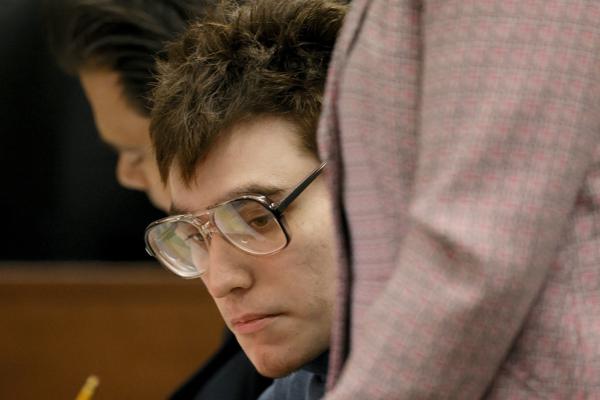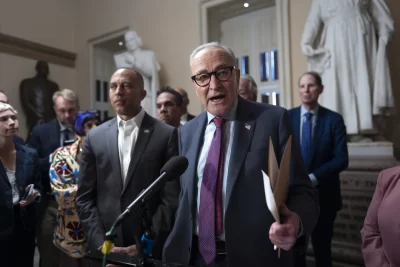
FORT LAUDERDALE, Fla. — Confusion reigned as jury selection in the death penalty trial of Florida school shooter Nikolas Cruz concluded its second week with no immediate end in sight.
Circuit Judge Elizabeth Scherer, presiding over her first death penalty case, united prosecutors and defense attorneys in protest over her plans for concluding the lengthy process of picking the panel that will decide if Cruz is executed for killing 17 people at Parkland’s Marjory Stoneman Douglas High School on Valentine’s Day 2018.
That confusion and other issues mean opening statements in Cruz’s penalty trial, already delayed two years by the COVID-19 pandemic and legal battles, likely will move from May 31 to mid- or late June.
“I apologize if I didn’t do it the way you all wanted,” said Scherer, a judge for 10 years. Still, she said, “In what universe does it take three months for jury selection?”
But that process might get even longer. Earlier this month, Scherer summarily dismissed 11 potential jurors who answered “no” when she asked their group of 60 if they could follow the law — a question she hadn’t asked any previous panel. The defense protested that she hadn’t questioned each individually to assure they meant what they said. Those jurors have received summonses ordering their return April 25, but if any don’t, the defense might seek a mistrial. If granted, jury selection would start anew, delaying the trial further.
“I won’t make that mistake again,” Scherer told the attorneys.
Cruz, 23, pleaded guilty in October to murdering 14 students and three staff members during a five-minute rampage through a three-story classroom building.
Scherer and the attorneys are picking a panel of 12 jurors and eight alternates for a four-month trial that will determine if he is sentenced to death or life in prison without parole. They will weigh whether the prosecution’s aggravating factors such as the multiple deaths, Cruz’s planning and his cruelty outweigh mitigating factors such as his lifelong mental health problems, possible fetal alcohol syndrome and the early deaths of his adoptive parents.
“Because Cruz admitted he’s the killer, much of the public doesn’t understand what there is to talk about and why the case is still going,” Jarvis said. “A more experienced judge would have realized that this was always going to be a very long process.”
Any mistakes Scherer makes throughout the trial could be a basis for a Cruz death sentence being overturned, meaning a second penalty trial would be needed years from now.
Melisa McNeill, Cruz’s lead public defender, told Scherer: “If we do it right, we do it once.” Prosecutors made similar statements.
David Weinstein, a Miami defense attorney and former prosecutor, said Cruz’s attorneys are banking Scherer’s mistakes for a potential appeal. Individually, they might not be enough to overturn a death sentence, but they add up.
“If it is one or two small things, that is not going to do it. But 15 or 20 small things that pile on top of another and that creates a bigger thing, that could do it,” he said. “Each error creates more opportunity.”
The scale of Cruz’s killings, the extensive local media coverage and the trial’s length are requiring an extra large pool of prospective jurors. The case is the deadliest U.S. mass shooting to make it to trial — seven other shooters who killed at least 17 died during or shortly after their attacks either by suicide or police gunfire. The man accused of killing 23 at an El Paso, Texas, Walmart in 2019 is awaiting trial.






